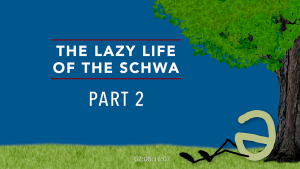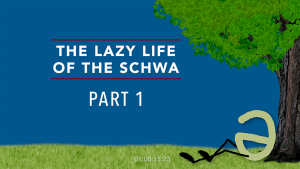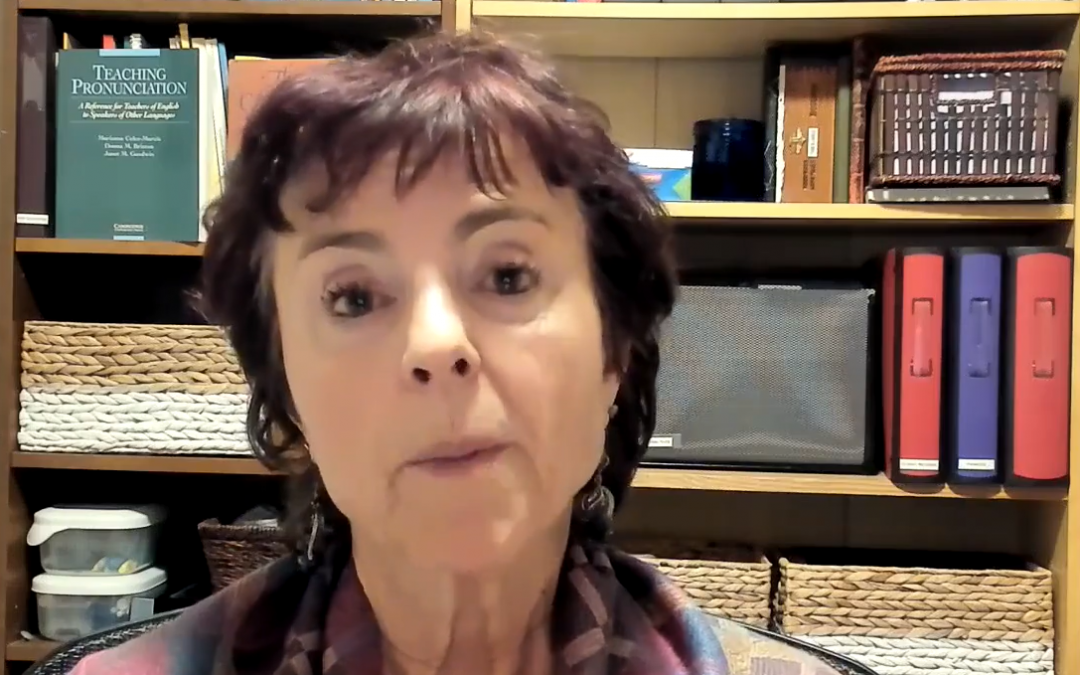
by Heather Chetwynd | May 24, 2024 | Language Training
If you’ve been watching my latest video series, you’ll understand that the schwa refers to the reduced vowel sound which English speakers use everywhere. But did you know that this reduction can also affect complete words that are not stressed in a sentence? As the...

by Heather Chetwynd | May 17, 2024 | Language Training
Why is the schwa so important? As the most common vowel sound in the English language, the schwa can sometimes tell you if a word is a noun or a verb. Did you know RE-cord (the noun) is pronounced differently than re-CORD (the verb)? And there are many like that....

by Heather Chetwynd | May 10, 2024 | Language Training
In this video, we introduce you to shifting stress related to changing the suffix – for example pho-TO-graphy vs photo-GRA-phic. I know it can be a lot to take in but if you watch the entire series, hopefully it will all come together. I suggest that you also watch...

by Heather Chetwynd | May 3, 2024 | Language Training
Welcome to Part 2 of my series on the “schwa”! What is the schwa? Only the most common vowel sound in the English language. If you haven’t already, I suggest you watch Part 1. Each video looks at one aspect of the schwa and how it influences our speech in...

by Heather Chetwynd | Apr 26, 2024 | Language Training
What is the SCHWA? The SCHWA is the reduced vowel sound in English which makes your language sound more natural, like a native speaker. Each part of the series looks at the role of the schwa in different contexts. Here is a summary of the five parts: 1. English is a...

by Heather Chetwynd | Nov 23, 2023 | Language Training
This is the last video in my series on English consonants. This time I am looking at the sharp T and its counterpart, D. There are many ways to pronounce T in English but the sharp T is the way we pronounce T when it starts a word or a stressed syllable. It is...







